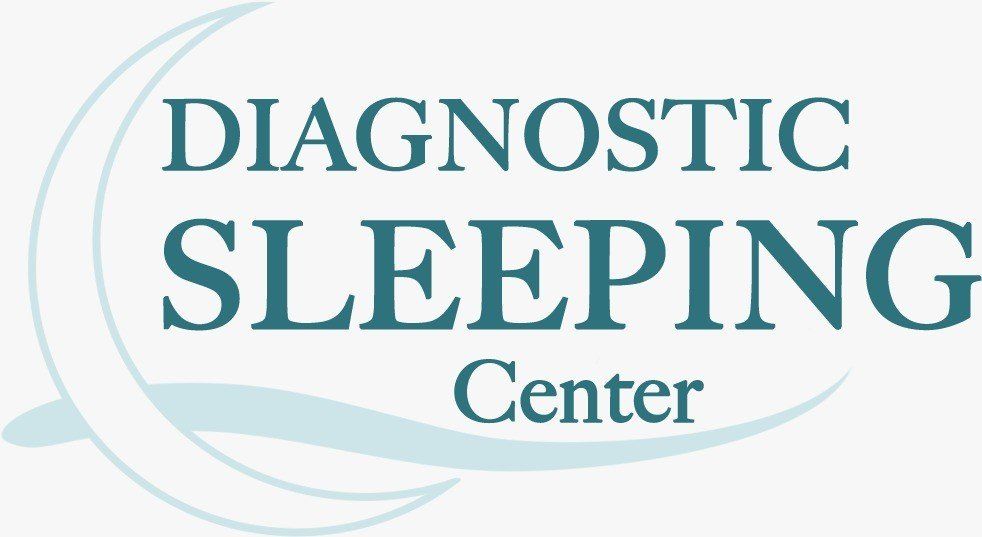Physician Specialists
Psychiatric symptoms are frequent in patients with sleep problems
Sleep and psychiatric disorders reinforce each other
Sleep problems can be at the root of psychiatric disorders
Insomnia in neurological/psychiatric diseases
Insomnia plays a role in most psychiatric disorders. This can be as an etiological risk factor or as a symptom. The Diagnostic Sleeping Center can map insomnia in the patient on the basis of a sleep study so that specific treatment can be started.
If you are a doctor and you have a patient where you suspect sleeping problems or if you want more information about how DSC works, you can contact us.
DSC specializes in ambulatory sleep research that helps the physician-specialist with further follow-up of the patient.
01 Chronic insomnia disorder
Patients with chronic insomnia have difficulty falling asleep and/or staying asleep. This results in difficulty functioning during the day: cognitive problems, fatigue, mood swings,...
We are talking about a chronic insomnia disorder with at least three nights a week for three months. Here the complaints cannot be explained by another sleep disorder.
02 Insomnia - epidemiology
- Acute insomnia: 25-35%
- Chronic insomnia: 10-15%
- Primary insomnia
- Psychophysiological insomnia
- Comorbid insomnia
- High prevalence
- Insufficiently recognized
- Insufficiently diagnosedInsufficiently treated
03 Depression and sleep apnea (OSA)
Prevalence in OSA pts of:
- Depressive symptoms: 35%
- Anxiety symptoms: 32%
- Clinical diagnosis depression 21.5% in OSA patients
- Clinically relevant association OSAS + depression: greater impact on functioning
04 Insomnia and psychiatric disorders
Insomnia is a transdiagnostic symptom. It goes hand in hand with depression, bipolar disorders, anxiety disorders, psychoses and so on. Insomnia is a symptom in 70% of patients with psychiatric problems. Insomnia is a comorbid syndrome in 30% of patients.
05 Sleep Disorder and Parkinson's
Parkinson's patients can experience numerous sleep disorders. Often it is a combination of sleep problems. Think of problems falling asleep, breathing problems, tiredness during the day and so on. The causes are diverse: damage to the brain, secondary to movement problems and due to the medication.
06 Insomnia and neurological disorders
- CVA: damage to sleep-regulating brain structures and limitation of mobility
- Parkinson's disease: limitation of mobility, effects of disrupted dopamine neurotransmission
- Neuropathy: pain
- Traumatic brain injury: damage sleep-regulating brain structures
What treatments are there for insomnia?
Therapy
After a sleep study, we get a clear picture of the patient's sleep problems. Based on the results, a tailor-made treatment can be planned.
- Relaxation therapy
- Reducing somatic tension or intrusive thoughts
- Behavioral strategies
- Gognitive therapyIdentifying, challenging and changing misconceptions about sleep and the erroneous belief of insomnia and its consequences
- Reducing and/or preventing excessive monitoring and worrying about insomnia
- Hypnotherapy
Ambulatory sleep study
How-to use video: Step by Step Video




